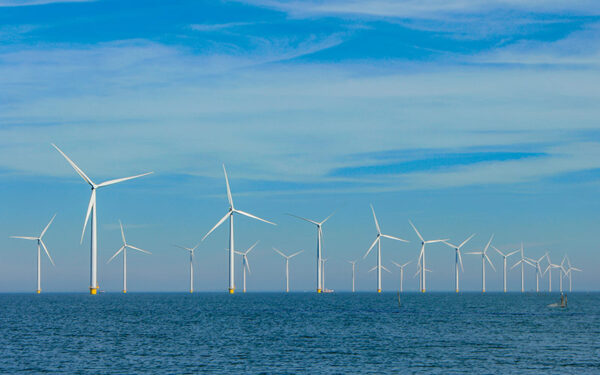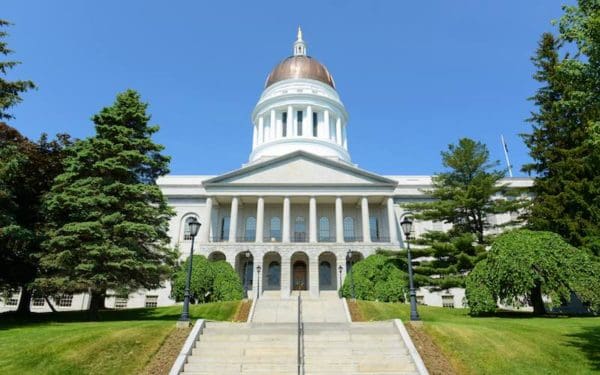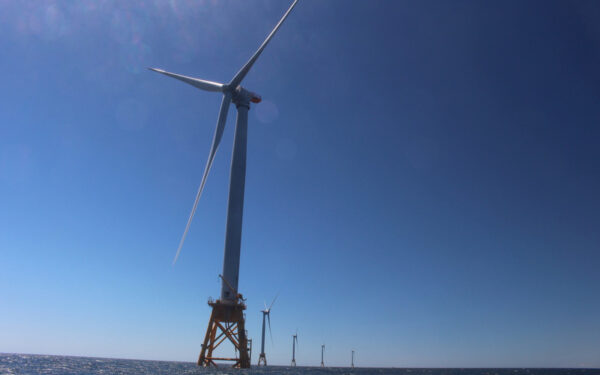Putting Carbon on the Market
CLF helped to launch the country’s first mandatory cap-and-trade program here in the Northeast. The Regional Greenhouse Gas Initiative is a joint effort of 12 states to hold polluters accountable for the impact their business practices have on our changing climate.
CLF in Action
CLF was deeply involved in the creation of the nation’s first carbon pricing program, the Regional Greenhouse Gas Initiative (RGGI), which launched in 2008. Since RGGI was implemented, emissions from power plants in the 12-state region have dropped by half.
However, carbon pricing programs like RGGI can miss the mark if they exclude communities most vulnerable to climate change both in their development and in distributing their financial benefits. Currently, RGGI doesn’t consider environmental justice and historical inequity in its operation. Not to mention, the program only covers emissions from electricity – not from transportation, heating systems, or other important sources of polluting emissions.
CLF continues to play an active role in RGGI’s success – including participation in regular reviews to strengthen the program’s climate targets and equity – so that it is as effective as possible.
A First for the Country
RGGI is the United States’ first carbon pricing program in which states set a limit, or cap, on carbon dioxide emissions in the 12-state region. States then issue as many allowances — in the form of certificates that let a power plant to emit one ton of carbon dioxide — as the cap allows.
Cap-and-trade programs in other countries have dispensed these allowances for free. RGGI set an important precedent by auctioning the vast majority of allowances and reinvesting the proceeds in energy efficiency – lowering emissions while cutting the program’s costs. RGGI shows that not only can a cap-and-trade program help the economy, but also that the market can drive solutions to climate change. The program has created more than 45,000 job-years (one year’s worth of full-time employment per person) and generated nearly $4 billion in net economic benefits. Now, we need to make sure that RGGI addresses, and works to overcome, decades of inequity and injustice that have overburdened certain populations with the impacts of climate change.




